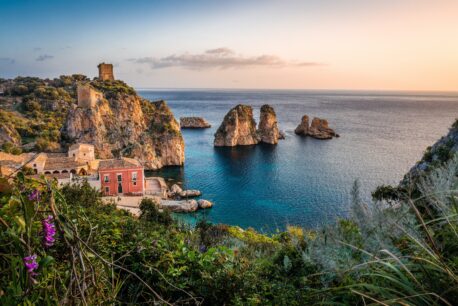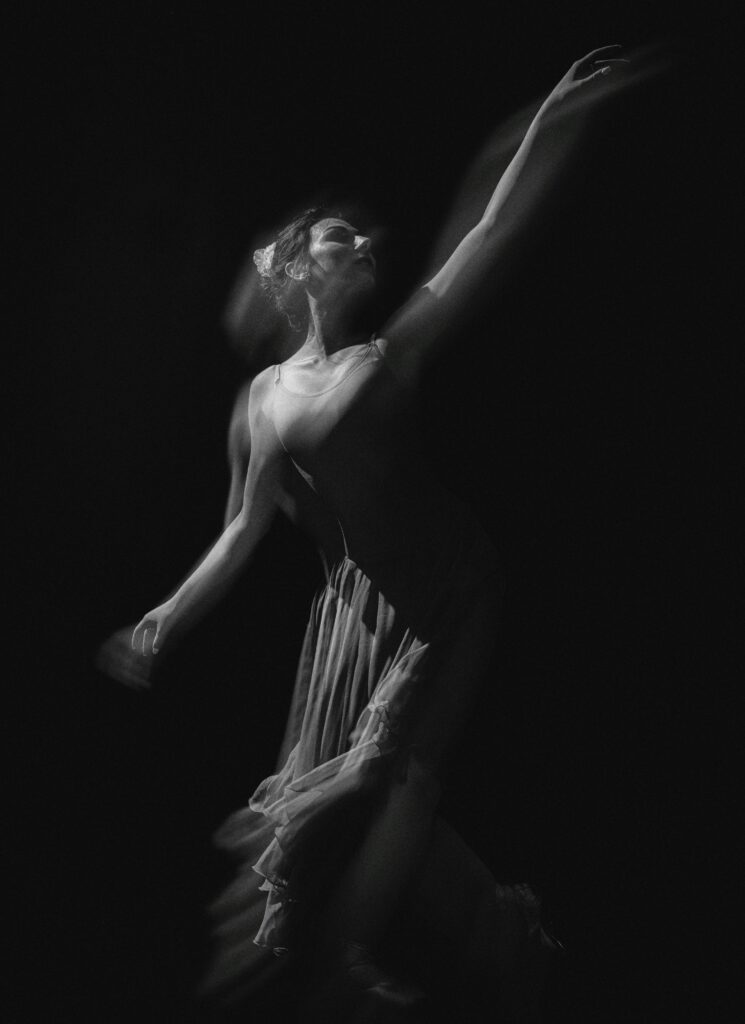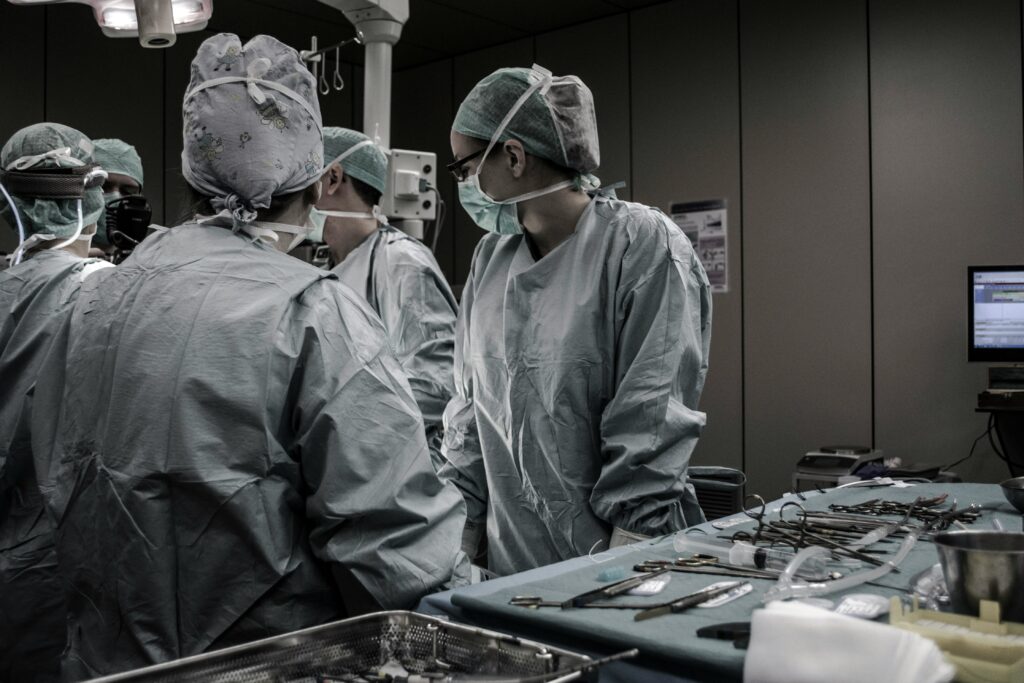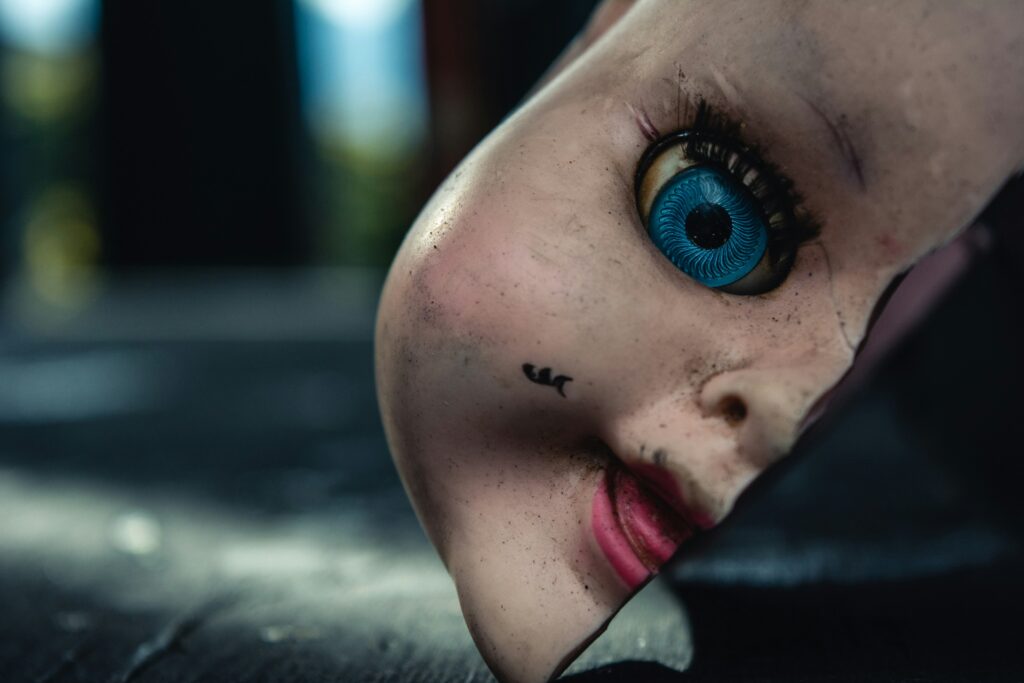A Winter in Sicily: Fish, Water, Lemon, Sea
Bianca-Olivia Nita, September 22, 2023
The more I tried to photograph the waves, the clearer it became that waves are not meant to be photographed.
They elude the frame.
There is no frame that could possibly contain them.
Even if there was – even if one photo could somehow capture the feeling of the sea rolling furious limbs of water in winter – what would you be doing looking at a photograph of it anyway? That wouldn’t be it. These waves are not so much about how they look, as they are about how they sound. They are about how they smell. They are about their vibration and about the wind that splashes them, rolling along towards the shore, blowing your hair up in the air and all over your face.
They’re about feeling small, standing on a thin line of sand, facing them.
I promise, there is nothing – no heartache or pain – the sound of these waves can’t heal.
*
Through the window of my deep blue bedroom, I can always hear the waves in the distance. At night, the room is pitch black, so dark I could lose orientation walking up in the middle of the night. That sound is a compass. It reminds me of where I am. It keeps me safe. It keeps me grounded. And folded in my blanket, I feel contained.
The world is closed, scared, and suffering these days. I escaped yet another lockdown in a concrete confinement to come here. When the thought of escaping first came, it didn’t make much sense. Leaving home during a pandemic to go to an island in the very south of Europe, knowing no one there.
Sicily.
A leap of faith.
Coming here felt to me like being in one of those films where the character walks through a danger zone filmed in sepia. And then finds a door, walks through it, and ends up in an overly lit peaceful world.
The world is closed, scared, and suffering these days.
I have never been to Sicily before all this. People walk slowly here; it’s a pace I remember from my childhood. Everything is more and everything is faster in the world today. Sicily is the antidote to that. At first, that made me nervous. The addicted refused the medicine. The addicted mistook her hectic and busy life back home for reality. I wanted them to stop their idle chats and to speed up along the boulevard. I wanted them to rush through the shops, just like me. But it soon started to look like I had the problem. So I took the medicine. A leap of faith again. And time started to expand into presence the more I stopped to look around, the more my steps followed the pace of my intuition. And I started to feel better.
I thought I’d stay for a few weeks here.
But that was months ago.
I ditched the alarm in the meantime.
Now my gaze and my steps move gently, as the warmth of Sicily turned into winter. A wind from the Russian steppes reached the island shore. A Siberian wind, that brushed through the lemon trees.
Today the sea smells like humid earth. The waves are slowly withdrawing, roaring fiercely still, but the sea is much further away from the shore, almost as it was before. Along the beach, on the wavy line where the water meets the shore, there’s a row of stones on the softness of the sand, as if now the sea is giving back something of everything she took when she lost her mind.
*
Roberto’s father brought me the fish today, on a small, noisy motor scooter. I ran down the stairs and through the door to meet him. There is joy in having your name called outside.
I usually pick up the fish myself, on my morning walk. Their fresh fish stall stands alone along the boulevard. In summer days, or in better days, when tourists come here, the stall is surrounded by restaurants and bars, and the beach is packed with towels and chairs and people enjoying the best of the Mediterranean life. I can only imagine the noise and the constant movement. But now the beach is empty. The restaurants and the bars have been dismantled months ago. There’s only the fish stall, set against the vast openness behind it.
Buying fish from Roberto each morning makes me feel like I live here. I’m playing house in a small town by the sea. Yet today’s delivery means something to me. It makes me feel that I now belong.
The sea is giving back something of everything she took when she lost her mind.
I’ll cook the fish tonight, in garlicky olive oil. I’ll add small tomatoes and white wine. I’ll put parsley on top to finish it off. The truth is: I always disliked cooking. It felt like another task at the end of a day full of tasks. And the image of a woman in the kitchen – such a cliché.
But learning to cook here came naturally. It came with showing up along the boulevard, day in and day out. Roberto made the initiation. Then everyone else I met started to add to my then frail knowledge. They wrote things down for me. They gifted me vegetables. They asked me how it went.
Cooking here is part of the day’s flow and shopping for fresh ingredients is a form of socializing. You buy. You chat. You chat. You buy. At first, I didn’t even know what I was looking at in the shop. You could tell I was a foreigner by the way I was staring at the display cabinets.
I can now show you where to buy the best pecorino. I can pick the right tomatoes. I know fish and all the seafood. And I can make them all come together in just the right way.
Roberto demands photographic documentation of my culinary abilities. I send them dutifully. He and everyone else reassure me I am becoming a proper Sicilian cook. I get a warm feeling every time I hear that. It makes me feel proud. I want to be that. It translates into: “you’re one of us now.”
The dishes I make are good for the body and are good for the heart. Sicilian food is fresh food. It’s made with few ingredients. There’s pistachio in everything. Olive oil. No sauces. You build the taste from the base up.
People come to Sicily and pay for cooking lessons. It’s tourist prices they pay. One full day, to go through a handful of essential dishes. I wonder if they go home and ever make those dishes again.
I have been cooking now often enough to never forget these tastes and how to make them. When I eventually return home, making them will always remind me that living on this island changed something in me. These recipes are a gift. Making them has nothing to do with that image I had of the woman in the kitchen. It is flow and presence. It is an ongoing conversation I have with everyone I came to know here. And by that, it is about being taken in. It is about being loved and part of this place, where food is a joy and a real dimension of life. When life is good, you sit down at the table and share a meal. When everything falls apart, you do the same. It’s how you put the world on pause. An everyday joy, not a fix. And it’s a way of saying you’re home, and you belong and for now, life is good.
I learned to cook and so I learned to speak these feelings.
The people in this town didn’t pass me the ability to complete a task. They passed me a language.
*
This house I rent is right next to the graveyard. You walk out of the house and through a narrow alley, you turn right towards the graveyard, just a few steps. And then you turn left, and you can see it: the sea.
At night, this short walk to the sea is infused with bella di note perfume, even now, in winter.
Right across from my door, there used to live a woman called Marta, who didn’t leave her house for four years. She said a ghost asked her not to. Because of this ghost Marta met, she didn’t see the sea for four years. But she must have heard it. Like I always do.
I’m not bothered by ghosts. Sicily is largely Catholic, but I’m not. The sea is my church now.
The house I stay in has been here since the 1700s. When I look at it, I like to imagine its ghosts, and all the life there was. I like to imagine how things used to be as a path to how things are now. Pirates used to raid these shores. When they rebuilt the house a few years back, they found an old gun in its foundation, and a safety hidden space, closed with a heavy wooden door. That hidden space is gone now, but I know that the house had a heart built for safety.
The graveyard is a point of reference when I explain where I live. “You pass the graveyard, and go up, first to the right,” I have to say.
I had never seen a catholic graveyard before coming here. A large part of it is a labyrinth made of stacked drawer-like graves, on two floors. Walking through it, it seems obvious that if one looks for the past, if one tries to imagine what life was like in a place, they must go to the graveyard.
When life is good, you sit down at the table and share a meal. When everything falls apart, you do the same.
I know about the past of the island from books. I know it became part of Italy only in 1860, after centuries in which all invaders you can imagine, took over in turns. It started with the Phoenicians. Then the Greeks in 415 BC – they first arrived just a few kilometres down the coast from where I live now. Then the Romans followed. The Vandals, the Ostrogoths, the Byzantines, the Arabs, the Normans and the Bourbons. Sicily’s heritage bears witness to all the people that came, and lived and left behind temples, and food flavours and remains of a life lived.
The graveyard is an archive of all the people that lived here, in this small town and the hills backing it. And they visited the temples and cooked with those flavours and themselves left behind remains of life lived.
They are the people I would have met along the boulevard should I have come here many decades ago. Some have been gone for more than a hundred years. Many have seen a life much different. If anything, we share the knowledge of how it feels to sit in the warm Sicilian light. Both me and them know these hills and the lemon and the orange trees.
The rest is details.
Just like me, they must have gazed for comfort towards the horizon, across the sea.
I like to look at each photo carefully. I knit the details and the words and the numbers and tell myself a story. I try to feel the presence of the person in each photo and imagine what it would be like if we’d be sitting together along the lungomare.
A feeling.
I decide whether we’d have liked each other. An exercise in imagination. I am what followed and, in a sense, I’m an extension to their story. By standing here, looking around, I face a fear that’s more tangible than usual these days. The finite nature of our human life, a ticking clock inside me too.
But I don’t feel alone. I feel surrounded. There’s something life affirming in sitting quietly among the dead. I get a calming sense of comfort. The Sicilians of the past look back at me from their portraits of eternity.
If we’d be sitting together, perhaps we would laugh. Perhaps some of them would judge me, or gossip about me. Perhaps some of these women would hug me and we would feed each other the food I can now make too.
I’m here, where they have been.
From in-between the graves, I hear the waves and I am catching glimpses of the sea.
*
In the evening, they announce another lockdown and I decide to go for a walk. Behind my house, in the distance, suspended above town there is a highway I wouldn’t know how to reach. Every time I look at it, it feels far and foreign. Right below it there’s a national road that goes parallel to the town. Its contour is demarcated by a tall beige wall.
At the feet of the wall, with some distance in between, runs a quiet street. The wall is on one side, and on the other, there is a row of newly built apartment blocks, most of them holiday homes, now empty. I call this street Jesus Road, because at the end of it you can turn back making a loop around a statue of Jesus, eternally frozen in a praising pose. The route continues with a tiny dirt road that eventually brings you to the sea, with a few villas and deserted orchards and a vast terrain with high trees.
Jesus Road is owned by a gang of cats. They sit like bosses in the middle of it, not giving a fuck. If you approach them, they run like you’re out for blood and they know it.
In other times, tourist would crowd this street. But not now. Not this evening. Not even this year. Right now, the crowd is me, finding my way along this road, and a few others on their evening walk. The wind blows dried leaves on my path. The sun is setting slowly, wrapping the air in golden hour light.
Right at the beginning of Jesus Road, between the street and the high wall, lies a patch of land, dry and dusty. It is unclear where it begins and where it ends. Nothing remarkable about it. And chances are you wouldn’t even notice it.
But as I make my way, returning home, I notice him and stop. It is the largest buck I have ever seen. He seems unreal. An apparition – he could just as well be Marta’s ghost. Sandy coloured and all bearded, he seems a massive Egyptian statue derailed on this patch of land. His fur blends with the wall. And with this camouflage, he stares at me, long and intensely, the sight of him feeling like an encounter with the world of alchemy.
He’s far but even so, I can tell he is my size, perhaps even bigger. In a fight, I’m not sure what the odds would be. We stare at each other for a long time, in this silence. I never saw him before. And I’m so baffled by him simply being there, I don’t know what to do with it.
I focus my eyes intently and see the texture of his contour, his sandy unmoved edges. He seems to do the same. For a moment, it feels like we’re the only two beings in this world. A longing to just go to him and hold him softens me. And suddenly his lower lip and chin move up and down, in a flow. But the sound can’t reach me. I think he tries to tell me something. I can’t hear what, but I think he tries to tell me not to worry. The island keeps us safe. Enjoy this moment, and the sound of waves, before it is gone.
You may also like
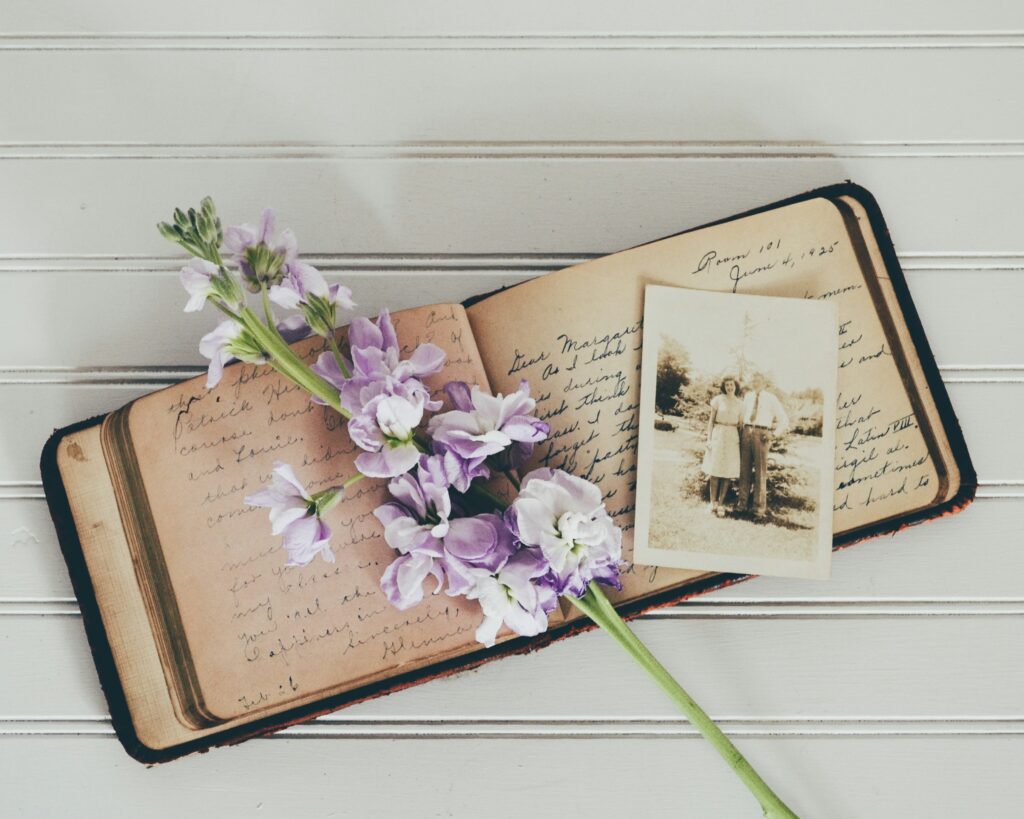
Eyes of the Beholden
Unspoken desires linger in the shadows of a teacher's life, revealed through art
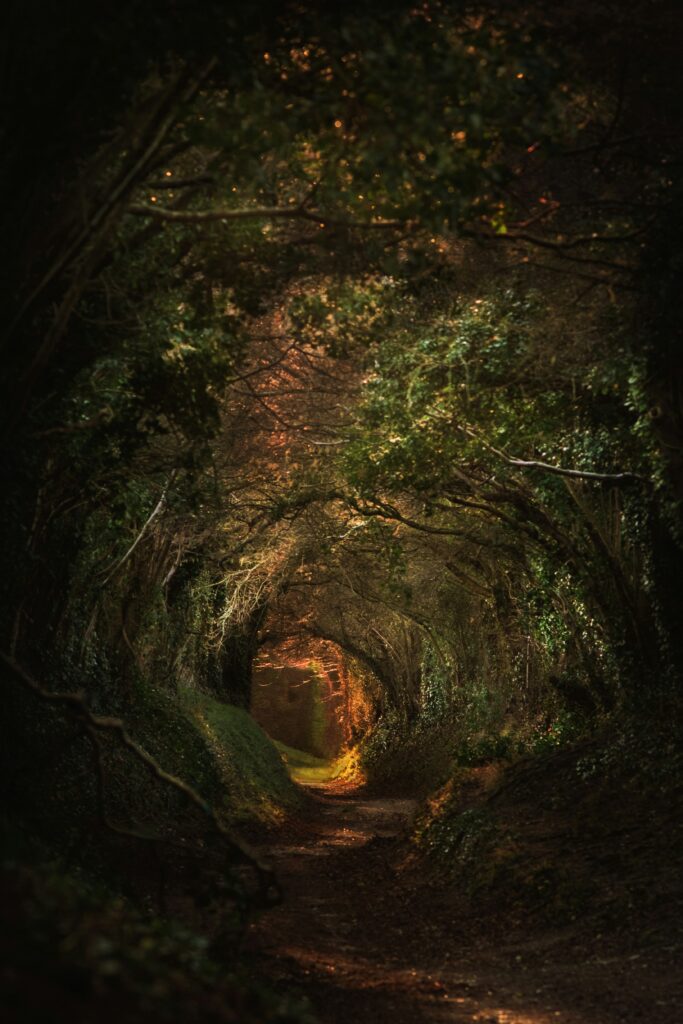
LOST
Bessie's odyssey through stormy nights, lost love, and secret graveyards unfolds with haunting beauty in "Lost" by Sandra Dennis.
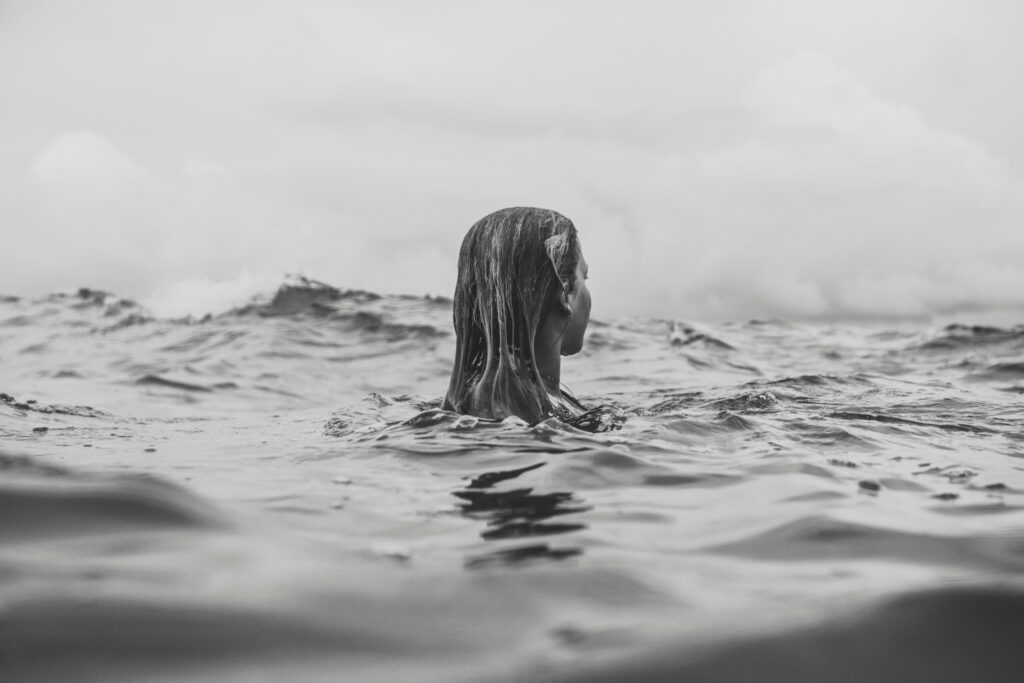
Water Rising
Amidst a flood, a woman grapples with the past, and confronts the consequences in this haunting narrative of resilience.
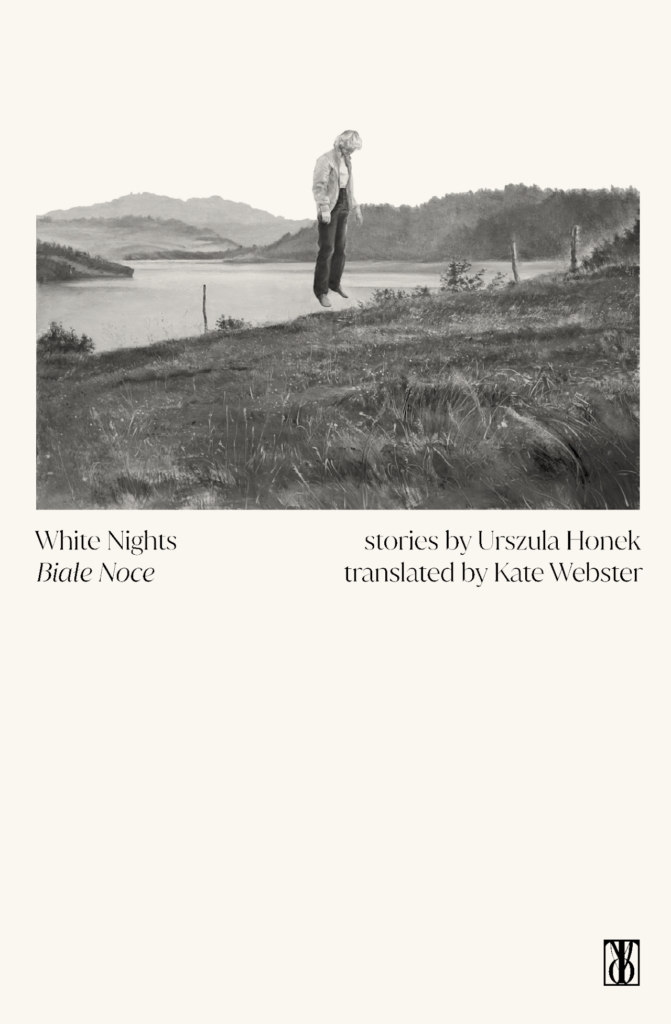
Book Review: White Nights by Urszula Honek
The debut short story from Polish writer Urszula Honek, White Nights, is akin to reading an account of a haunted place – one that is beautiful and devastating in equal
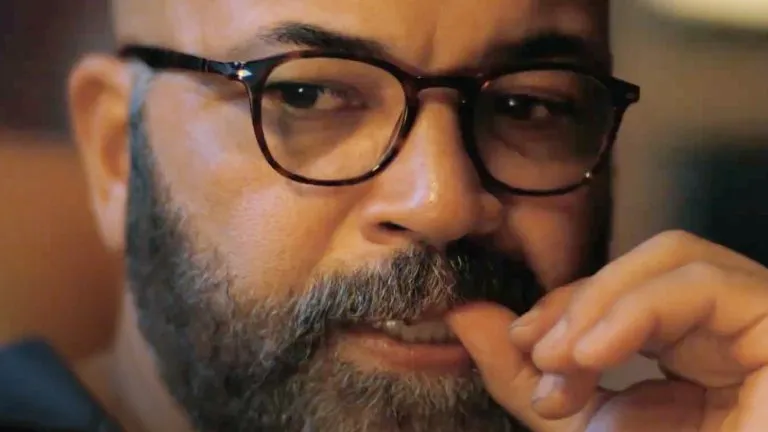
Beyond the Surface: The Multifaceted Lives of ‘American Fiction’
In essence, "American Fiction" and the experiences it draws from remind us that we are indeed more than the sum of our parts.
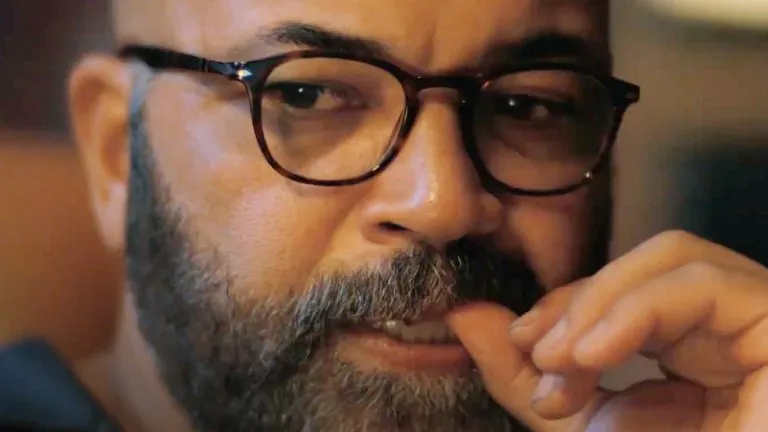
Beyond the Surface: The Multifaceted Lives of ‘American Fiction’
The narrative of “American Fiction” unfolds with a dual focus: it not only scrutinizes the unique pressures faced by Black creatives but also delves into the intricate and sometimes tense…
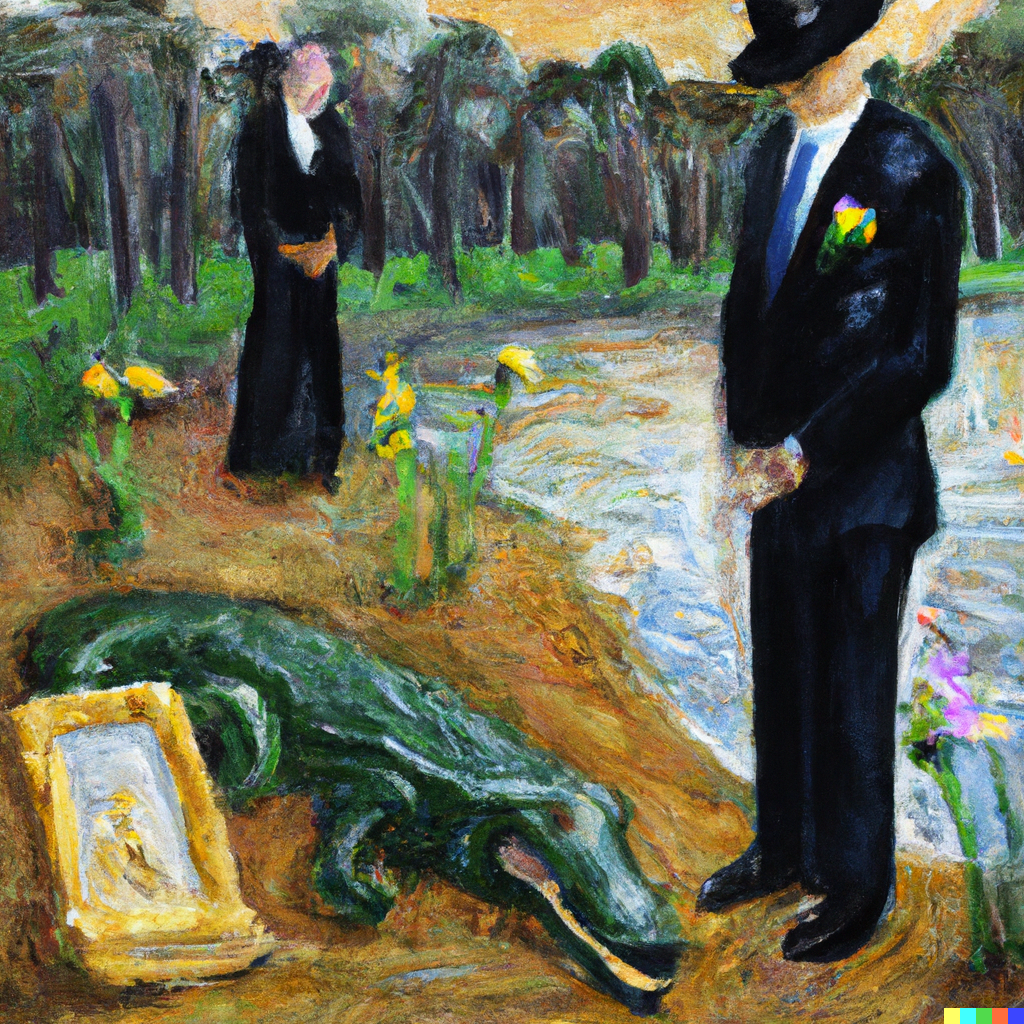
Uncle Bobby’s Funeral
Reluctant family faces the eccentricities of Uncle Bobby's funeral in swampy Chipley.




